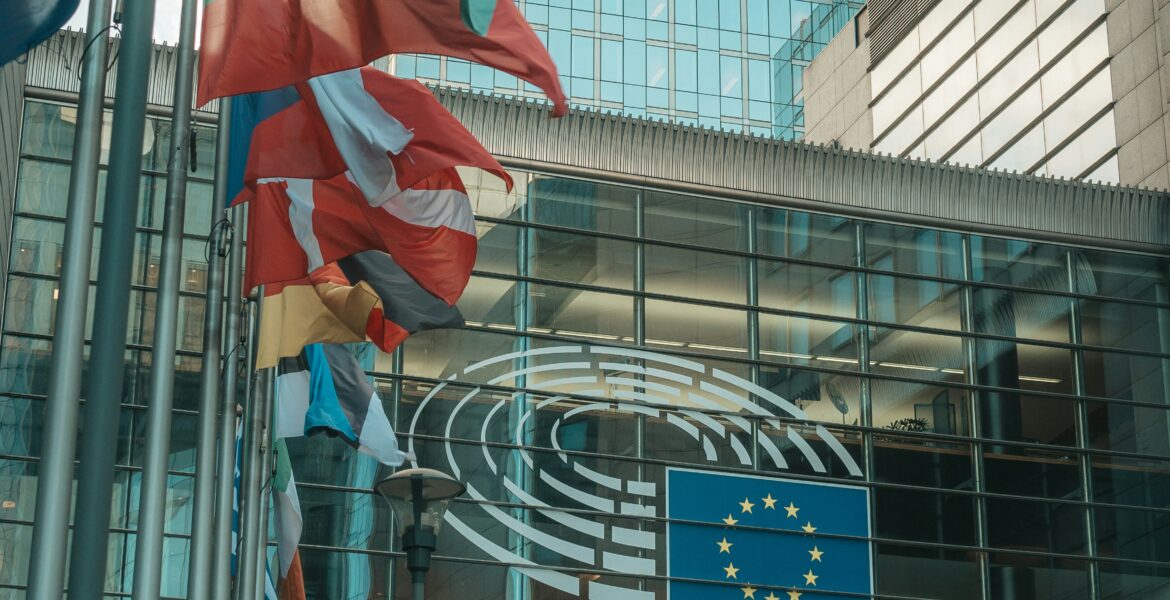Photo by Eduard Delputte on Unsplash
EU funding granted to non-governmental organisations (NGOs) suffers from a lack of transparency, according to a new report by the European Court of Auditors (ECA).
Despite improvements, information on EU funding awarded to NGOs that are active in the bloc’s internal policies remains inaccurate and incomplete. The European Commission did not properly disclose certain EU-funded advocacy activities such as lobbying, and there are no active checks to ensure that the funded NGOs respect EU values, something which exposes the EU to reputational risk.
It says non-governmental and other civil society organisations empower citizens’ participation in EU democratic policymaking through ongoing dialogue, which must be transparent.
“To hold public decision-makers to account, citizens must know to whom and for what purpose EU funds are awarded, but also how they are used and whether recipients respect EU values. Public interest in scaling up transparency requirements for NGOs has increased since the Qatargate scandal in 2022,” says the ECA.
“Transparency is key to ensuring credible participation by NGOs in EU policymaking,” said Laima Andrikienė, the ECA Member in charge of the report. “However, despite some progress since our last audit, the picture of EU funding for NGOs remains hazy, as information on EU funding – including lobbying – is neither reliable nor transparent.”
The Court said that NGOs were awarded €7.4 billion in the EU’s key internal policies such as cohesion, research, migration and the environment between 2021 and 2023, €4.8 billion of which was granted by the Commission and €2.6 billion by member states. However, these figures should be taken with caution, as there is no reliable overview of EU money paid to NGOs, the auditors warn, it also states.
“The information is published in a fragmented way, which hampers transparency, impedes analysis of whether EU funds are overly concentrated on a small number of NGOs, and restricts insight into the role of NGOs in EU policies, ” says the Court.
Although the Commission made progress in collecting information on EU funding granted to NGOs, weaknesses persist in the way that information is disclosed. Moreover, member states do not monitor or report on the EU funding granted to NGOs, and the expected regulatory improvements will not require them to report on payments.
Across EU countries, the definition of what an NGO is varies, and is rarely enshrined in national legislation. In 2024, the EU essentially defined an NGO as being independent from government and a non-profit organisation, said the court.
It goes on, “While this is a step in the right direction, the definition alone cannot ensure that NGOs are correctly classified in the EU’s financial transparency system.”
“This is because entities self-declare as NGOs, and the Commission does not check important aspects of their status, including whether a government exerts significant influence over their governing bodies or whether an NGO pursues its members’ commercial interests,” say the auditors.
“For example, one large research institute was categorised as an NGO while its governing body was composed solely of government representatives.”
The ECA says in a statement, “The Commission did not clearly disclose the information it held on NGO advocacy activities that were financed by EU grants.”
“Also, it was only during the audit that the Commission issued guidance that grant agreements should not require recipients to lobby EU institutions.”
“Furthermore, EU fund managers do not proactively search for potential NGO breaches of EU values, such as the rule of law and human rights, but rely mainly on self-declarations. Checks on funding sources that can provide useful information about who stands behind NGOs are also lacking,” it concludes.




